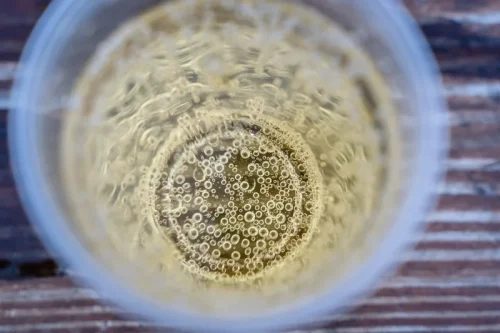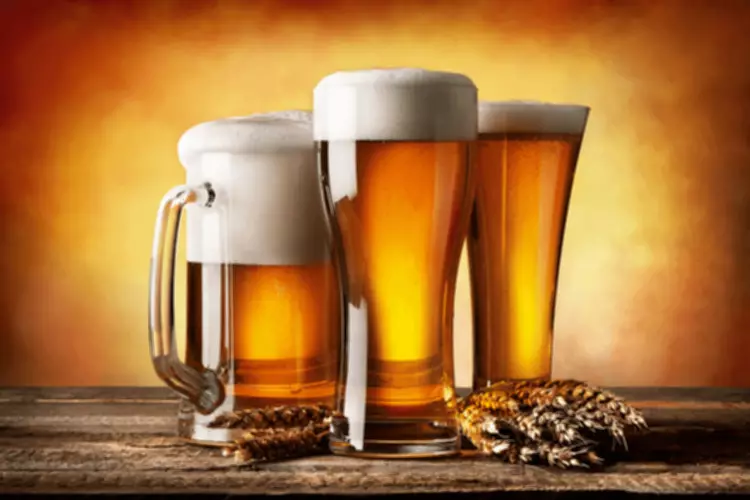If you are concerned that you or someone you care about has a problem with alcohol there is a lot of help available. Here you can find useful links and phone numbers to get the support you need. Anger is an emotion made up of many different feelings like dissatisfaction, displeasure, hurt, and frustration. It’s a natural human response when life seems unfair or something you value is under threat. Alcohol is known for its ability to amplify emotional expression and inhibition.
- An example would be a father who falls asleep on the couch after having several drinks three or four days a week, missing out on time with his kids and wife.
- If you’re ready to get help but don’t know where to begin, check out Psych Central’s guide to finding professional mental health support.
- Take our short alcohol quiz to learn where you fall on the drinking spectrum and if you might benefit from quitting or cutting back on alcohol.
- Sobriety is a long, ongoing process, but help, support, and treatment can make it easier.
- However, it can be important for your mental health and overall well-being to prioritize your own needs when angry interactions get to be too much.
- Genetic, psychological, social and environmental factors can impact how drinking alcohol affects your body and behavior.
What Are the Symptoms of Dry Drunk Syndrome?
The easier route is to make other people responsible for their moods and overall emotional well-being. Here is the hard truth, the family, the friend, the significant other, the child, the one experiencing the outbursts hasn’t done anything wrong. Having someone close to you, whether it is a friend, a romantic partner, a family member, or even a parent who struggles with addiction, is challenging.
Outpatient treatment
We just know that once the drinks start flowing things can get pretty ugly. After you start treatment, follow the plan and practice the skills you learn. alcoholic rage syndrome These explosive outbursts, which occur off and on, cause major distress. Plus, we’re always introducing new features to optimize your in-app experience.

Acute and long-term care

We recently launched our in-app chatbot, Melody, powered by the world’s most powerful AI technology. Melody is here to help as you adjust to a life with less (or no) alcohol. In other words, we’re likely to do things — including giving others an earful as soon as we feel irked — without thinking about the potential fallout. We might also misread social cues and lash out in response to perceived slights, nonexistent threats, or frustrations.
Alcohol & Romantic Relationships: Reflections & Advice from Oar’s Ambassadors

People recovering from alcohol misuse or addiction often experience difficult, painful emotions. They might feel frustrated or angry, struggle with their desire to drink, or express a lot of negative thoughts. Some experts suggest that people who leave treatment programs early or don’t address underlying factors that contribute to alcohol misuse have a higher chance of experiencing this syndrome. Integrated treatment involves treating both disorders at the same time. This can allow you to treat the symptoms of your mental health disorder without turning to alcohol or drugs.
- People can be more prone to alcoholic rage based on genetics, life stressors, antisocial personality disorder, or personality traits such as underlying irritability.
- Rage can be triggered by many things, over words at a social gathering, being refused another drink, or even from perceived slights.
- If you believe you or someone you know is experiencing alcoholic rage syndrome, seeking professional help from reputable addiction treatment centers may be the most reliable option.
- Some people truly experience sobriety as a kind of death and have to accept the loss and learn and grow from the experience before they can move on.
The mood someone is in when they begin drinking is often the mood that will be intensely felt once they’ve reached a level of intoxication. That, paired with the way people make decisions when they’re drinking, is often a recipe for disaster. Neurotransmitters like serotonin play a large role in the limbic response. A healthy amount of serotonin means our reactions to perceived threats will likely be logical – like our tension when a car cuts us off on the freeway.


Likewise, hostility is an attitude of resentment and unfriendliness that doesn’t require feelings of anger. Recovery from an alcohol use disorder means more than quitting alcohol. Even after you no longer crave alcohol, you need to deal with the psychological and behavioral issues that contributed to your addiction in order to prevent relapse.
- Research has shown that thought suppression may contribute to alcohol-related aggression.
- This article discusses some of the facts behind the stereotype of the “angry drunk” and explores the connection between anger and alcohol.
- The body adapts to having certain alcohol levels, and after a while, if the level of alcohol is not maintained, it is physically painful.
Online programs like Ria Health can give you or your loved one access to coaching support, anti-craving medication, and helpful digital tools. Whether you want to reduce drinking or quit altogether Ria will partner with you to design a program to meet your personal goals. Studies have estimated that up to 50% of alcohol-dependent males display violent behavior.
The brain’s prefrontal cortex is responsible for regulating emotions and impulse control. When alcohol is consumed, it can impair the prefrontal cortex, leading to a reduced ability to control emotions and suppress aggressive tendencies. Additionally, alcohol consumption can cause a decrease in serotonin levels, further reducing one’s ability to regulate emotions. Some people may be hesitant to seek treatment because they don’t want to abstain entirely. Moderation management or moderation treatment can be an effective approach, in which people learn responsible drinking habits through a structured program. Research suggests this form of treatment can help people shift from heavy to moderate drinking, improve quality of life, and enhance emotional well-being.
